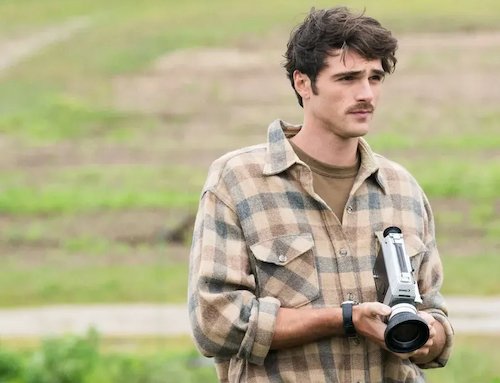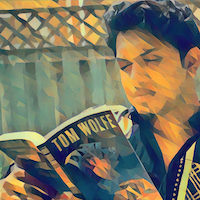Oh, Canada
Written by Dilan Fernando
Warning: The following review is of a film that is part of TIFF 2024 and may contain spoilers for Oh, Canada. Reader discretion is advised.
Deep, thought-provoking, contemplative, reflection – so describes the dormant spirituality that protagonists of Paul Schrader’s works must contend in addition to the destructive impulses and fractured psyches that stake claim over their lives. As different and incomparable as they may be; Robert De Niro in Taxi Driver (1976) & Raging Bull (1980), the trio of Harvey Keitel, Yaphet Kotto, & Richard Pryor in Blue Collar (1978), Nicolas Cage in Bringing Out the Dead (1999), and Ethan Hawke in First Reformed (2017); they all have some lineage between them. Which is, their perception of themselves in the minds of others. Of all the dramatists currently working or who’ve worked in cinema, Schrader sets himself apart by his ability to intertwine spirituality and the impulses that build a psyche, creating way for some of the best first-person character studies.
Oh, Canada (2024), is Schrader’s latest film and second adaptation of a Russell Banks novel – the first being Affliction (1997) also shot in Montreal. Oh, Canada is told in a non-linear narrative of draft-resister turned documentarian, Leonard Fife (Richard Gere) reuniting with Schrader after making American Gigolo (1980). Leonard lives in a hospice with his most recent wife of 30 years, Emma (Uma Thurman) remarking his days of youth (relationships, trysts, ambitions, and responsibilities), these memories distorted by brain cancer to colleagues commissioned to make a documentary about his legacy.
This is Schrader at his most experimental, structuring and restructuring the narrative by repeating shots; dialogue; switching character roles; and subverting the viewer’s comprehension of the story, ultimately, immersing them in the mind of Leonard who shows signs of the early stages of Alzheimer’s and dementia. Leonard’s mind drifts between his reality and his consciousness, the documentary crew captivating these moments act as a doctor performing an autopsy before coming to a conclusive post-mortem. However, Leonard’s will to live is based solely on the need to clarify the trajectory of his life from 18 until present day, and dying only once he can forgive himself.
There are similarities between this film and Bergamn’s Wild Strawberries (1957) which must have been a conscious influence throughout the production. Richard Gere's Fife is a fully formed character and Schrader utilises both his off-screen and on-screen persona perfectly, creating a vivid portrait of an artist reminiscing of a by-gone life. Uma Thurman as wife Emma, Michael Imperioli as Malcolm the documentarian, and Jacob Elordi as the younger Leonard barely hold their weight; perhaps because there’s no weight to their characters, who are along for the ride. There are some trademarks of Schrader that are prevalent throughout the film, mainly voice-over narration from unreliable narrators, one of which sounds so artificially automatic that the voice could have been used for HAL 9000’s answering machine. If this voice represents Leonard’s shame, guilt, cowardice, and remorse, ask yourself; does Leonard seek forgiveness or affirmation for his transgressions?
Dilan Fernando graduated with a degree in Communications from Brock University. ”Written sentiments are more poetic than spoken word. Film will always preserve more than digital could ever. Only after a great film experience can one begin to see all that life has to offer.“





